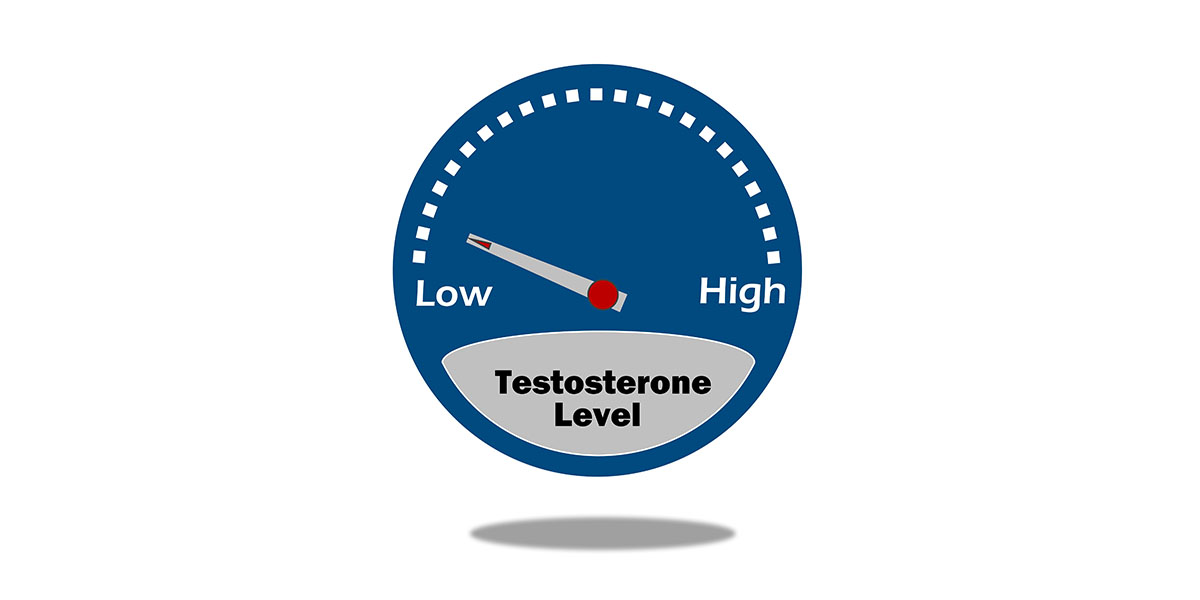No.
You are leaving out some critical info here!
How long have you been on TTh?
Where does your trough (lowest point) before your next injection TT and more importantly trough FT level sit?
Seeing as you are injecting 3X weekly (M/W/F) then your true trough would be Monday morning (72 hrs) post-injection.
Elevated RBCs, hemoglobin and hematocrit are one of the most common side effects of testosterone therapy especially when using exogenous T formulations which result in high steady-state/trough FT levels.
Not only do the supraphysiological peaks play a role but more importantly having elevated FT levels 24/7.
Most struggling with such bloodmarkers are running too high a trough/steady-state FT level.
Other underlying factors such as sleep apnea, smoking, asthma, COPD can have a negative impact on hematocrit.
Top it off that being dehydrated before getting blood work done can skew the results.
It is critical that one is hydrated (fluids/electrolytes) days before not just the day of otherwise results will be skewed.
Also need to keep in mind that when using exogenous T RBCs, hemoglobin and hematocrit will increase within the 1st month and can take anywhere from 6-9 months and in some cases up to a year to reach peak levels.
Whether one is starting testosterone therapy or tweaking a protocol (increasing dose of T) where your hematocrit sits 1 let alone 3 months in is not where it will end up 6-9 months later!
Unfortunately many lack the understanding here when it comes to how exogenous T works.
Look over the threads in post #6
FIGURE 2 Management of erythrocytosis (Source: adapted from BSH guidelines 2019).6
Abstract
An absolute erythrocytosis is present when the red cell mass is greater than 125% of the predicted. This is suspected when the hemoglobin or hematocrit is above the normal range. An erythrocytosis can be classified as primary or secondary and congenital or acquired. The commonest primary acquired disorder is polycythemia vera. The diagnostic criteria for PV have evolved over time and this is the main diagnosis managed in hematology clinics. There...
post #6
Introduction Androgens play a crucial role in the development and maintenance of: Male reproductive and sexual functions Body composition Erythropoiesis

www.thebloodproject.com
Introduction
- Androgens play a crucial role in the development and maintenance of:
- Male reproductive and sexual functions
- Body composition
- Erythropoiesis
- Muscle and bone health
- Cognitive function
- Testosterone falls progressively with age and a significant percentage of men over the age of 60 years have serum testosterone levels that are below the lower limits of young...
Regarding those struggling with high hematocrit here is my reply from another thread:
As you can see your RBCs/hemoglobin/hematocrit is elevated which is a common side-effect when using exogenous T, especially when running higher FT levels let alone peak--->trough levels can have a significant impact.
When using exogenous T RBCs, hemoglobin and hematocrit will increase within the 1st month and can take anywhere from 6-12 months to reach peak levels.
T formulation, the dose of T, genetics (polymorphism of the AR), age all play a role in the impact a trt protocol will have on blood markers (RBCs/hemoglobin/hematocrit).
Other factors such as sleep apnea, smoking, asthma, COPD can have a negative impact on hematocrit.
Injectable T has been shown to have a greater impact on increasing HCT compared to transdermal T.
3–18% with transdermal administration and up to 44% with injection.
In most cases when using injectable T
high supra-physiological peaks post-injection and overall T levels (running too high TT/FT level) will have a big impact on increasing HCT.
Manipulating injection frequency by injecting more frequently using lower doses of T resulting in minimizing the peak--->trough and maintaining more stable levels may lessen the impact on HCT but it is not a given.
As again running very high TT/FT levels will have a stronger impact on driving up HCT.
Although injectables have been shown to have a greater impact on HCT you can see even when using a transdermal formulation that maintains stable serum concentrations that
the impact it has on HCT is DEPENDANT ON THE DOSE AND SERUM LEVEL OF T.
Using higher doses of transdermal T and achieving higher TT/FT levels will have a great impact on HCT levels.
How high an FT level you are running is critical.
It is a given that most men on trt struggling with elevated RBCs/hemoglobin/hematocrit are
running too high an FT level.
Sure some men are more sensitive than others as they may still struggle with elevated blood markers when running lower T levels but it is far from common and many may already have an underlying health issue contributing to such.
If you are struggling with such blood markers then in most cases finding the
lowest FT level you can run while still maintaining the beneficial effects may very well be the solution.
Easier said than done as many men on trt tend to do better running higher-end FT levels within reason.
Mind you some are lucky and never have an issue or levels tend to stabilize over time.
Others will continue to struggle until the cows come home.
Unfortunately too many are caught up in running absurdly high trough FT levels due to the herd mentality spewed on the bro forums and gootube!













